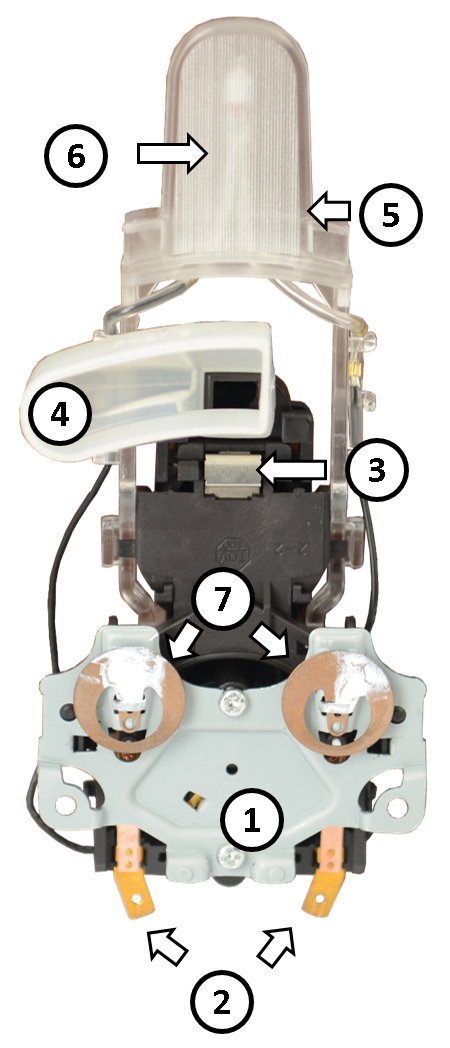Despite what the US Embassy in London may say, microwaving is not the right way to heat water for tea. For one thing, an explosion of superheated water as you take your mug from the microwave creates the very opposite of the soothing and restorative effect a good cuppa should have. The proper way to make tea is with water boiled in a kettle, and these days that’s usually a super-convenient electric kettle.
Except.
As Consumer NZ wrote in 2019, “We’d expect even the cheapest kettle to last at least five years of household use” – but their survey showed that 85% of kettles are defunct before they reach that age.

This does not surprise me in the least. Over the course of our marriage, the Caped Gooseberry and I have seen no fewer than five electric kettles bite the dust – including the one that memorably died the day after we moved house.
Continue & Comment
